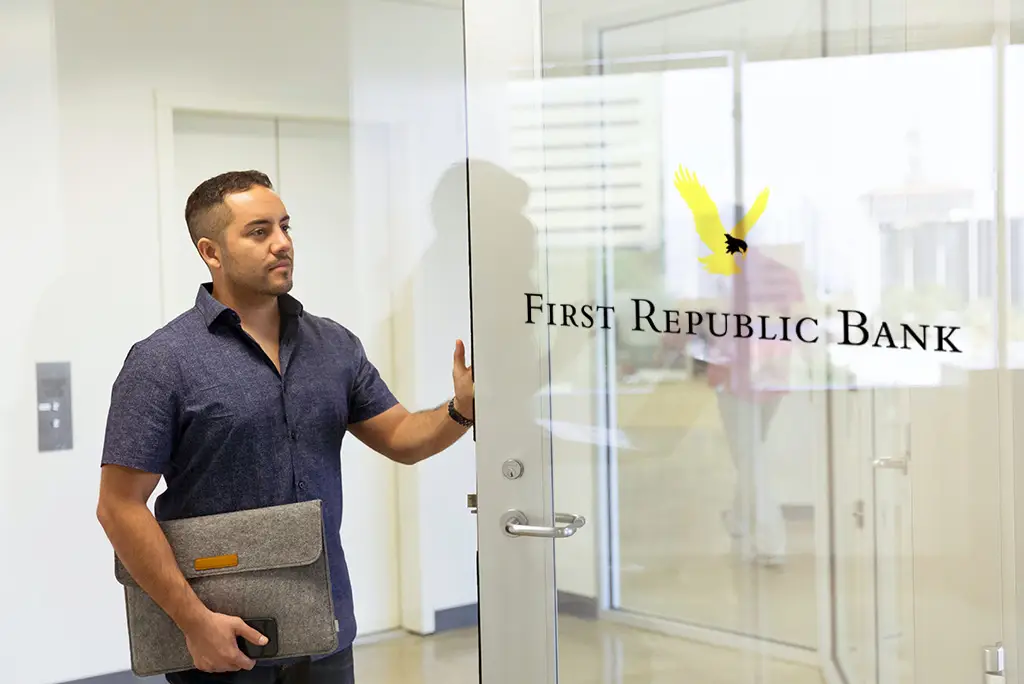JPMorgan Chase purchased the First Republic Bank. It was intended to end the start of a financial crisis. But, in doing so, there was almost a battle over the power of the country’s biggest financial institutions.
According to the Washington Post, already the biggest U.S. bank with over $ 3.2 trillion in assets, JPMorgan now added about $ 200 billion in loans and securities. This is by taking over the First Republic Bank in a transaction with the Federal Deposit Insurance Corp.
Reuters reported that as for the hedge funds, many spent weeks hoping that the regional bank stocks shall fall further.
Shares of many regional lenders have fallen on Monday. It was a sign that investors were still on edge after the First Republic Bank’s collapse. This is because this was the 3rd major fall of the largest crisis to hit the U.S.A. banking environment since the year 2008.
Senior banking executives have measured how aggressive short-sellers can be in the coming weeks. And which regional banks can be burdened with loans for office real estate.
The KBW Regional Banking Index, which had fallen 2.7 percent on Monday, is now down almost 23.6 percent year-to-date. The First Republic Bank’s shares are off 97 percent since January.
The New York Times reported that the First Republic Bank failed despite it having received a dollars 30 billion from eleven of the nation’s largest banks in March. JPMorgan has said the dollars 30 billion will be repaid after the deal ends.
The takeover of the government and sale of the First Republic Bank came about 8 weeks after the government had taken control of SVB and Signature Bank. The failures of these 2 banks sent a shock wave through the industry and also raised fears that the other regional banks were at risk of somewhat similar runs on deposits.
Several banking experts said that the travails of the First Republic Bank were a delayed reaction to the banking uncertainty in March. Industry executives and investors are hopeful that no other middle-sized or large lenders are at risk of failure.
The chief executive of JPMorgan, Jamie Dimon, said on a conference call on Monday that this part of the crisis is over and for now, they should all take a deep breath.
Investors have welcomed the takeover by JPMorgan. Moreover, this sent the bank’s stock 3.5% higher on Monday. The stocks of Citizens Financial Group and PNC Financial Services, the 2 regional banks that lost out on the bid for the First Republic Bank, went down below 5%.
President Joe Biden welcomed the takeover. This he addressed during a speech on small business on Monday afternoon. He said these actions will ensure the banking system remains safe and sound, and it will protect the depositors.
The fast-growing banking confusion of Wall Street’s biggest institutions may be uncomfortable for the Biden administration.
However, the largest banks today are safer than they were in the past. Larger capital cushions designed to absorb financial losses support them. But, the big banks continue to enjoy a favorable treatment from the federal authorities and also manage to get larger.
About JPMorgan Chase
JPMorgan Chase & Co. is a world-famous multinational financial services company. Its headquarter is in New York City. It is the biggest bank in the USA and globally the biggest bank by market capitalization.
